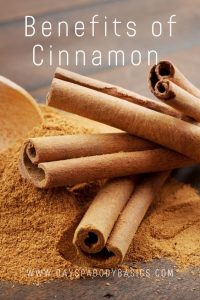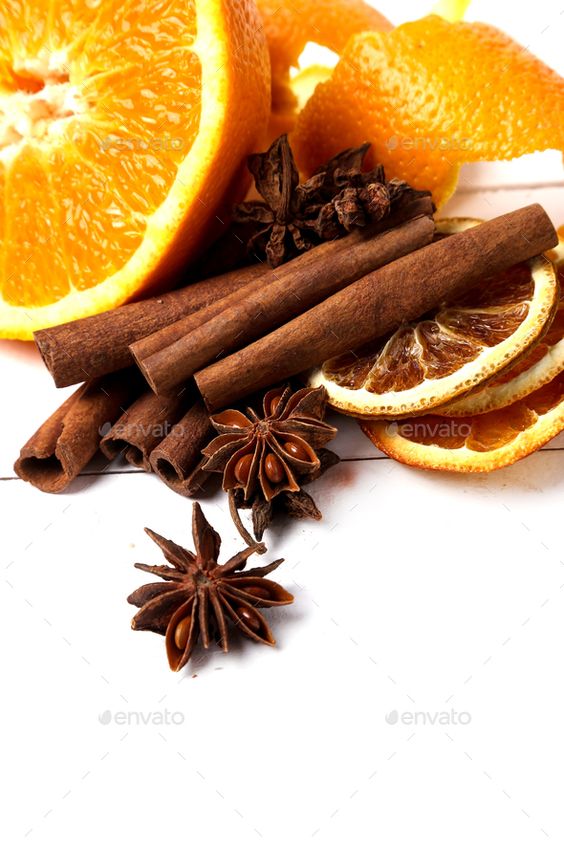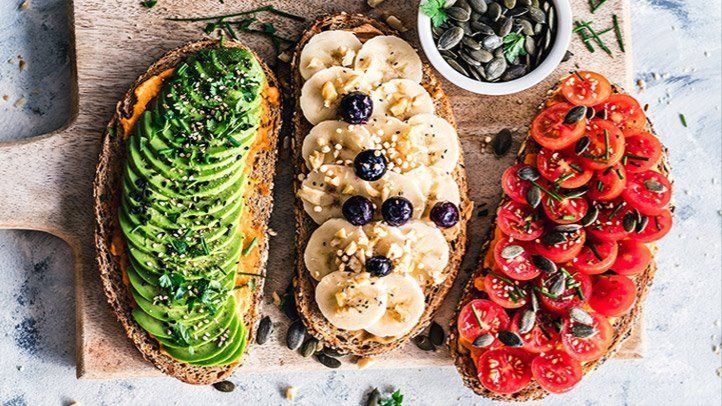Cinnamon is not just enticing to the senses; it invites you to experience a range of profound health benefits. Derived from trees belonging to the Cinnamomum genus, cinnamon bark contains potassium, manganese, and calcium, along with protective polyphenols and plant compounds with antioxidant properties. “For centuries, it has been utilized for its various health benefits and aromatic qualities,” notes Juhi Singh, CEO and founder of the Juhi Ash Center, emphasizing cinnamon’s distinctive presence in ancient medical traditions like Ayurveda and Traditional Chinese Medicine.
You may be familiar with two main types of cinnamon: Cassia cinnamon and Ceylon cinnamon. “Cassia, the most common and economically accessible variety, is found in China, Indonesia, and Saigon,” explains Rachelle Robinett, founder of Pharmakon Supernatural. “Verum or Ceylon cinnamon, processed differently, offers a sweeter, more subtle taste with floral notes, sweetness, and a delicate spiciness.” According to Robinett, Ceylon cinnamon is sometimes referred to as “true cinnamon.”

All varieties, Robinett points out, contain phytochemicals, and their flavor and benefits vary based on the plant’s growth, harvest, and processing methods. Despite these differences, the popularity of this aromatic bark is well-founded. “Cinnamon is easily accessible, simple to use, and highly beneficial,” says Robinett.
Let’s delve into some of the health benefits of cinnamon and explore ways to incorporate it into your routine, perhaps with a focus on sweet treats.
Potential Health Benefits of Cinnamon
“In recent decades, scientific research has increasingly explored the potential health benefits of cinnamon, elucidating its bioactive compounds and physiological effects,” says Dr. Nigma Talib, a naturopathic therapist in Los Angeles and London. Naturopathic doctors recognize cinnamon’s potential benefits for conditions such as diabetes, digestive discomfort, and inflammation.
Externally, cinnamon serves as an antibacterial agent, aiding in the treatment of acne and other skin conditions. Internally, it acts as a digestive aid, regulating blood sugar while easing gas and bloating. “Studies suggest that when cinnamon is ingested before or with meals, it can inhibit digestive enzymes involved in carbohydrate digestion, slowing the post-meal rise in blood sugar,” explains Dr. Brendan Courneene, a naturopathic doctor in Los Angeles. This, coupled with improvements in insulin sensitivity and glucose uptake, contributes to lowering blood sugar, akin to diabetes medications.

As mentioned earlier, cinnamon contains antioxidants that help combat oxidative stress, reducing the risk of chronic diseases. “These antioxidants may help protect the body from damage caused by free radicals, supporting overall health and vitality,” adds Talib. Cinnamon is also believed to enhance blood circulation, lower cholesterol and blood pressure, reducing the risk of heart disease. Lastly, the bark possesses antimicrobial and antifungal properties. “These properties can alter the microbiome and potentially exhibit some external anti-inflammatory benefits,” notes Dr. Courneene.
Considerations and Precautions
Cinnamon contains coumarin, a plant compound considered a potential carcinogen and harmful to the liver. “Cinnamon from China, Saigon, and Indonesia may contain significant amounts of coumarin, believed to have moderate hepatotoxic (liver-toxic) potential,” warns Robinett. However, she adds that a study in Japan on people regularly consuming traditional herbal formulas with high levels of cinnamon showed no signs of coumarin-induced liver damage.
As always, when exploring the medicinal properties of new ingredients, consult your healthcare provider, especially before incorporating therapeutic or high doses. If opting for topical application, exercise caution. “Cinnamon can be very irritating due to its cinnamaldehyde content,” advises Dr. Courneene. “Directly applying concentrated cinnamon oil on the skin is not recommended—it may increase photosensitivity, leading to sunburn even with limited sun exposure.”
In most cases, and with mindful considerations, cinnamon is safe, simple, and easy to integrate into your daily life. Here are some ways to do so:
More Sweet Treats
If, like us, the mention of cinnamon immediately brings to mind baked goods, indulge in the sweetness that comes with potential health benefits. Stir cinnamon sticks into your coffee, sprinkle cinnamon powder on chia seed pudding or oatmeal, or simply bake more of your favorite cinnamon-centric desserts.
Incorporate it into Your Daily Diet
If increasing your intake of desserts seems less appealing, there are other ways to savor your cinnamon. “Cinnamon is astounding in savory dishes,” says Robinett, recommending adding this warm spice to roasted pumpkin, meats, and grilled vegetables. You can also opt for sipping cinnamon tea or taking cinnamon supplements.
Add a Twist to Your Wellness Routine
Cinnamon can be a versatile addition to your skincare and mental wellness routine. “Cinnamon can be used as an essential oil, with proper dilution, possessing antibacterial properties that can help address issues like acne and fungal infections,” says Singh. Dilution is essential, as is patch testing. When used in aromatherapy—whether in incense form or diffusing essential oils—the warm, spicy fragrance is believed to improve mood and alleviate anxiety.
In conclusion, cinnamon offers a fragrant journey into both culinary delights and potential health benefits. Whether you’re adding a pinch to your favorite dish or enjoying a cinnamon-infused dessert, savoring this aromatic spice can be a delightful and healthful experience.



